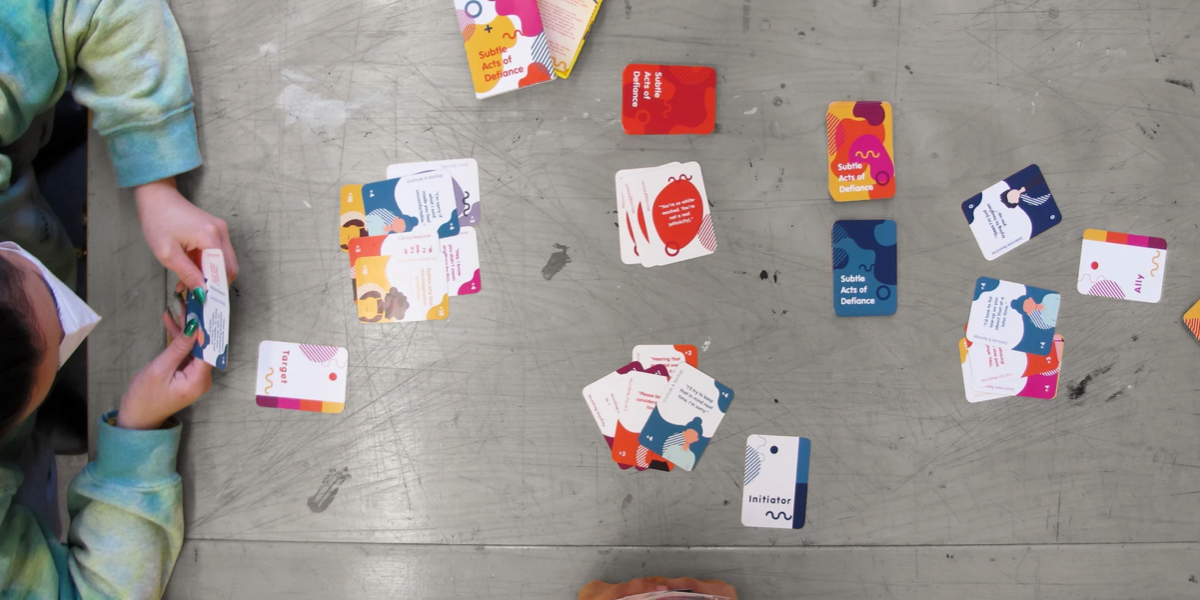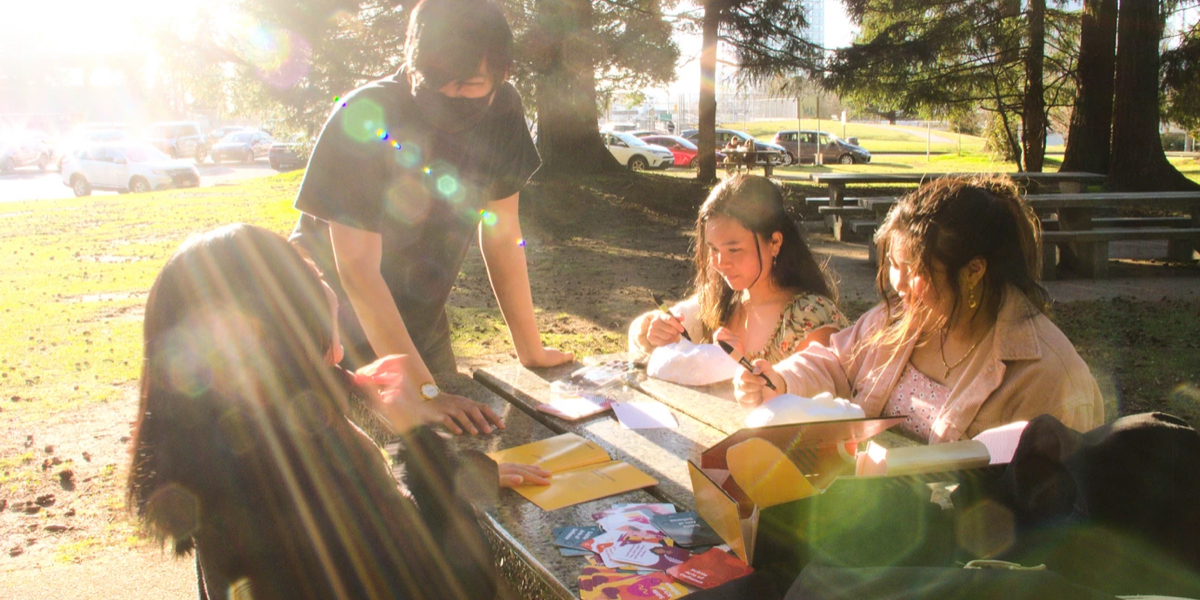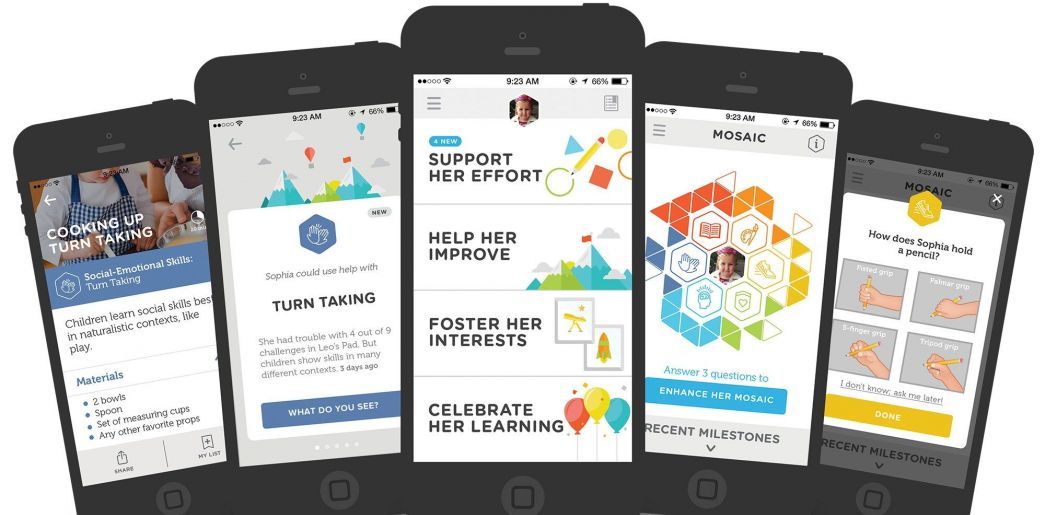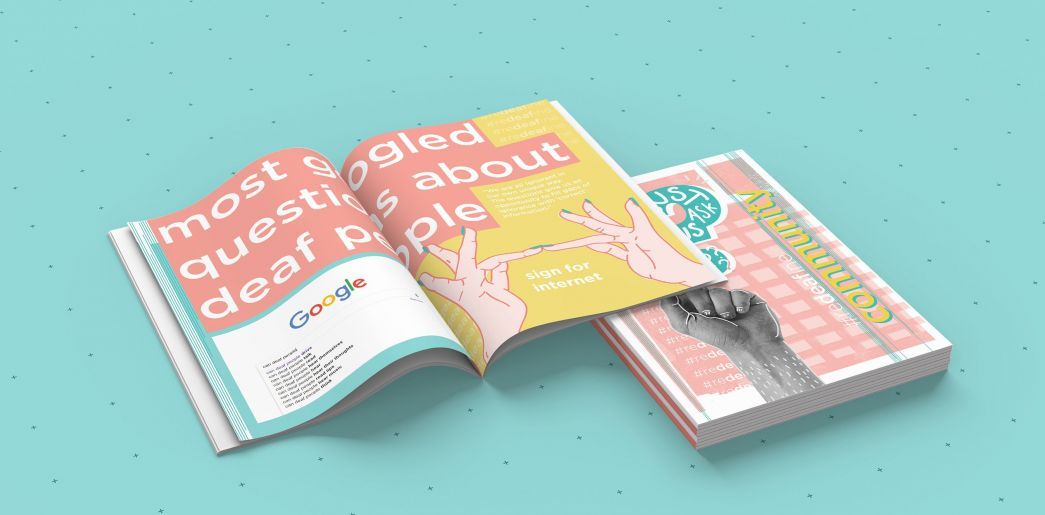AWARD YEAR
2023
CATEGORY
Play & Learning
GOALS
Quality Education, Reduced Inequality, Refugees and Migrants
KEYWORDS
refugees, identity, Board game, Empowering youth, Cultural Identity
COUNTRY
Canada
DESIGNED BY
Cyville Castro
WEBSITE
https://www.cyvillecastro.com/flourish-our-youths
Florish Our Youths
Reconciling with Immigrant Identities and Feelings of Exclusion
How does it work?
In order to support young immigrants in their transition into Canadian society, we developed Flourish Our Youths, a workshop and toolkit that prompts the sharing of experiences, cultural empowerment and community for youth immigrants facing disconnect and isolation. It consists of two main components: a mask-making activity centred on identity and self-expression; and a collaborative card game about microaggressions to incite a conversation around racist experiences, learn our roles within them and how we can respond in a way that benefits everyone. With the help of a facilitator, the workshop attempts to point to the invisible systems of oppression that keep minorities and immigrants marginalized by unravelling the external and internalized oppression among youths.
Why is it needed?
For immigrant youths, being in an unfamiliar and even hostile place can cause lower self-esteem, isolation from family and peers, disinterest in school, and a disposition to mental health issues. This is especially true for immigrants coming from poorer backgrounds. Social workers exert themselves to support this demographic through various recreational programs but fail to address the issue at its core. We believe through the design of fun and meaningful activities that teach anti-oppression and personal growth, we can support and create a lasting impact in the lives of newcomer youths.
How does it improve life?
Coming from an Eastern value system and moving to Western society, youth immigrants go through a process of reconciling the differences in their cultures. It takes a long process of adjustment and rediscovering their identities in a new Western context to feel belonging among their peers again. Our goal is to help fellow immigrant youths reclaim their identity, take pride in their heritage and thrive in knowing their own value. Through a facilitated role-play-based game, participants are prompted to think about their own experiences of microaggressions, the underlying messages behind these acts, how they impact individuals and what their own roles are during these situations.





